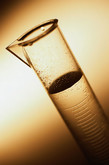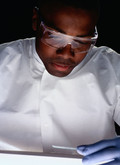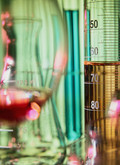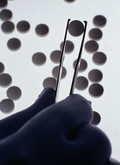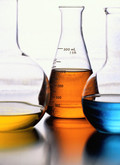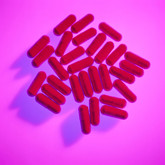Biosimilars/General
Five years of bioequivalence data from Cetero questioned
FDA is challenging five years of bioequivalence and other studies conducted at Cetero Research’s Houston facility in the US. This could affect both originator and generics companies alike, putting into question data provided to FDA to support new drug applications (NDAs) and abbreviated new drug applications (ANDAs).
Biotech growth and biosimilar opportunities in India
The domestic biotechnology industry in India has seen rapid growth during 2010 and India is poised to attain a position of leadership in the biosimilars market according to reports from Ernst & Young India and Frost and Sullivan.
FDA and biosimilars: update on key themes
Since the existence of a legal pathway for biosimilars was made possible by the signing of the 2009 Biologics Price Competition and Innovation (BPCI) Act in 2010 by President Barack Obama, FDA has declared itself ‘open for business’ for biosimilars [1]. But what is the thinking of FDA and what should we expect from any guidance on biosimilars?
FDA and biosimilars: process update
Despite the fact that a legal pathway for the approval of biosimilars in the US has existed for more than a year, formal guidance has still not been issued by FDA. This has led many to question when, or even if, biosimilars will come onto the market in the US [1]. So what has FDA been doing in the meantime and how close are we to seeing some biosimilar guidance in the US?
Current status of biosimilar development
Widespread therapeutic use of biological pharmaceutical products appears to be inevitable. Nevertheless, the law governing approval of biosimilar products in the US is still not in place. The size of the biologicals market and impending patent expiries, however, are making approval of a practical pathway for biosimilars more urgent.
Market opportunities for biosimilars
Although growth in annual spending on medicines is set to reduce, there is still a huge market out there and spending on biosimilars is expected to increase in the coming years.
Enoxaparin biosimilar or not
A biosimilar of the low molecular weight heparin, enoxaparin, produced by Sandoz (Novartis’s generics division) was approved by the FDA on 23 July 2010. However, some question whether this was really a biosimilar or not.
Biobetters rather than biosimilars
‘Biobetters’, rather than biosimilars, are the next big opportunity for biopharm and contract research organisations (CROs) hoping to profit from patent expirations on biologicals, say experts.
The history of the US biosimilar regulatory pathway
The US, although it now has a legal pathway (with the approval of the Biologics Price Competition and Innovation Act [BPCI Act], which was signed into law on 23 March 2010 by President Barack Obama), does not yet have a practical pathway with guidance defined by the FDA.
More debate over the exclusivity period for biological in the US
The debate over the length of exclusivity that biological drugs can enjoy before competition from biosimilars ensues seems set to be a long and complicated one. The latest group to join in the debate is the Office of the US Trade Representative (USTR).
